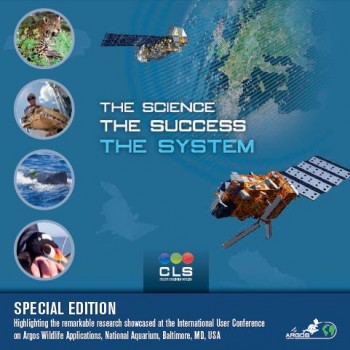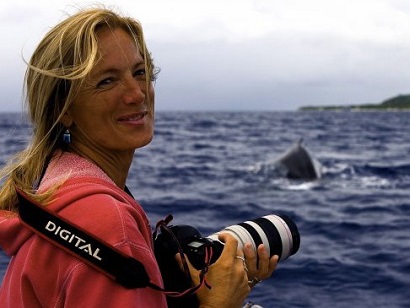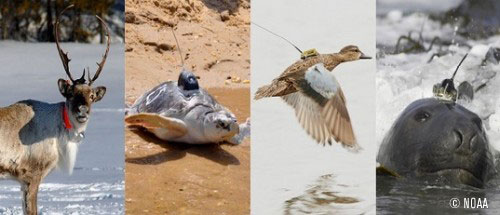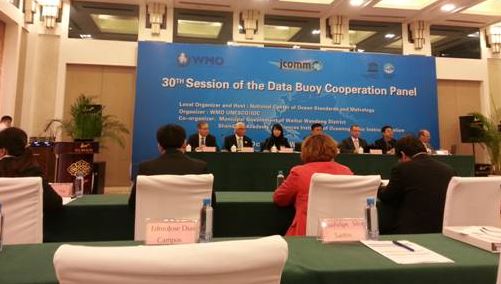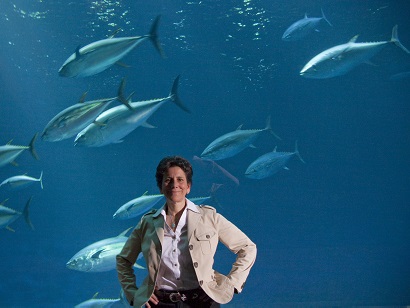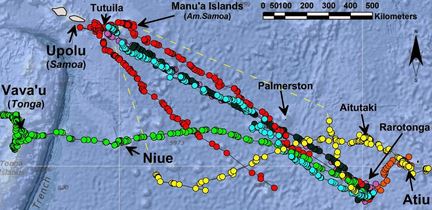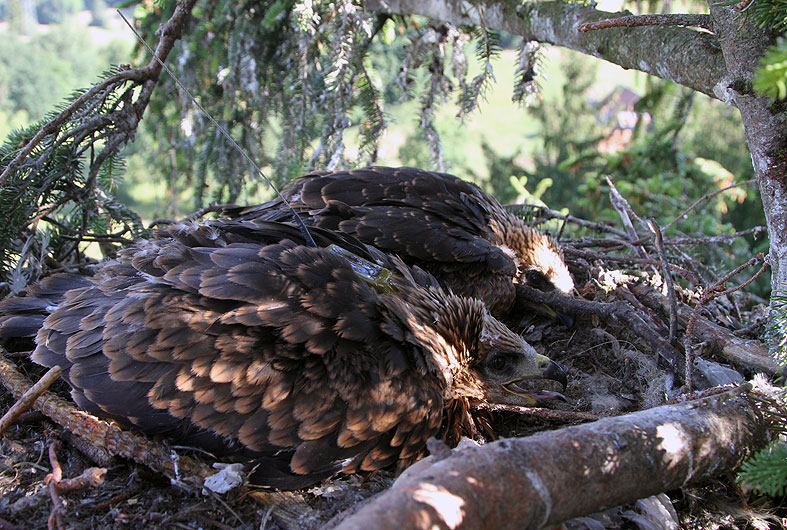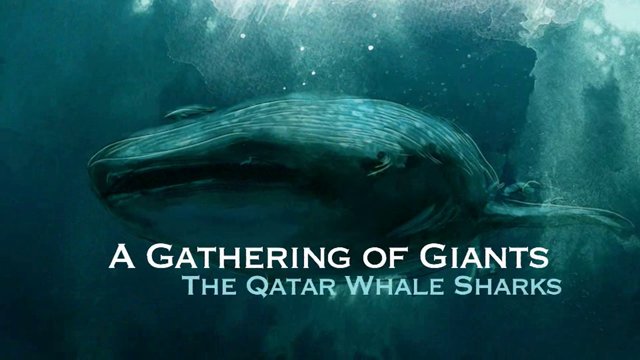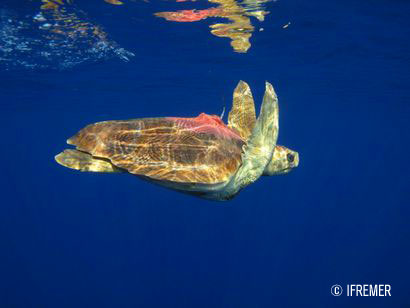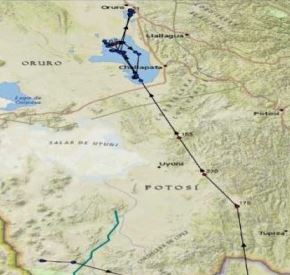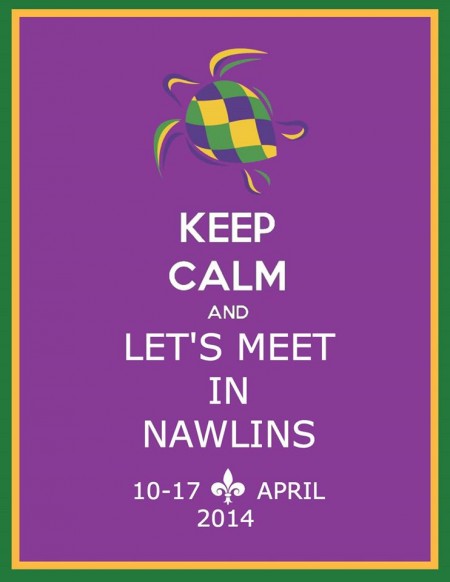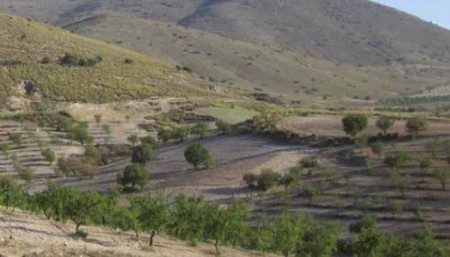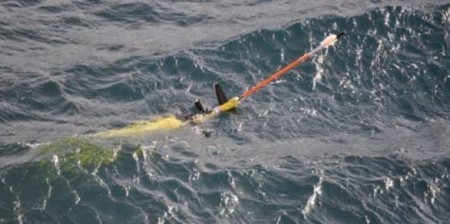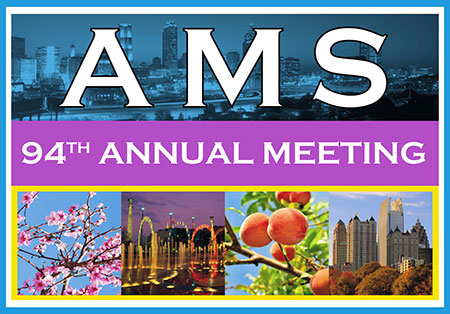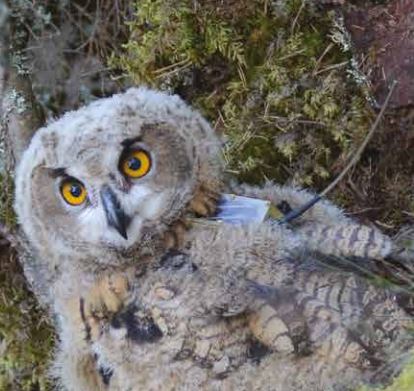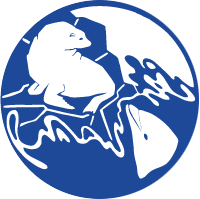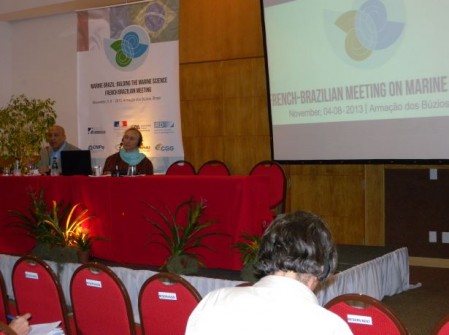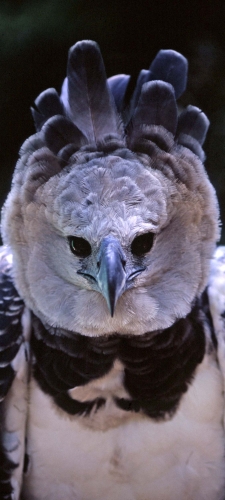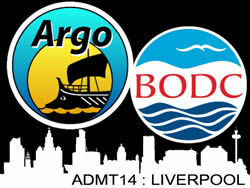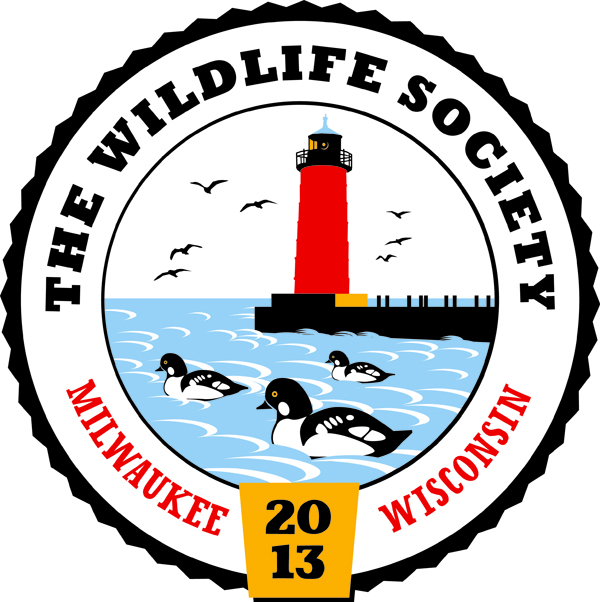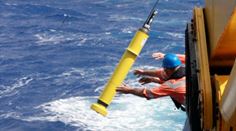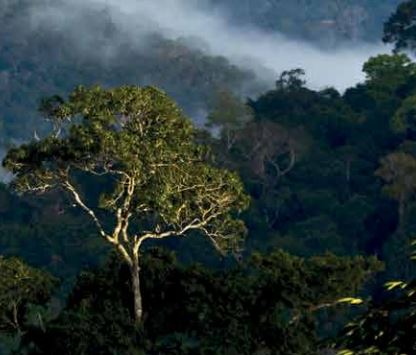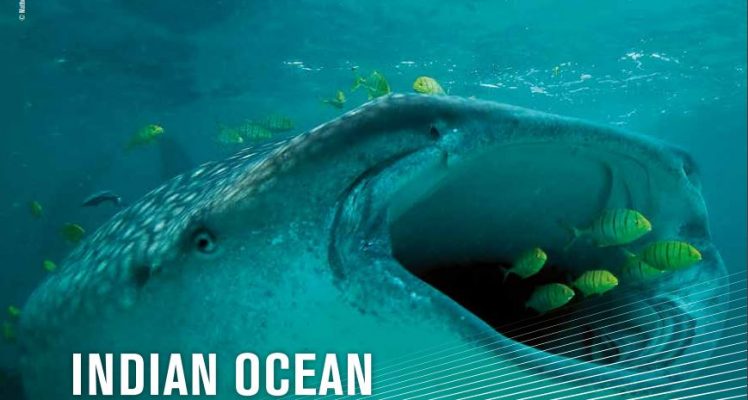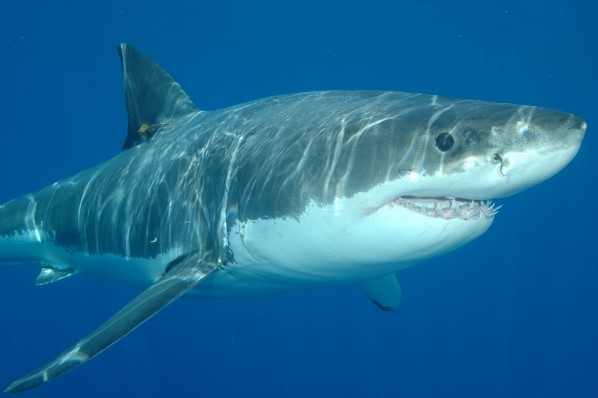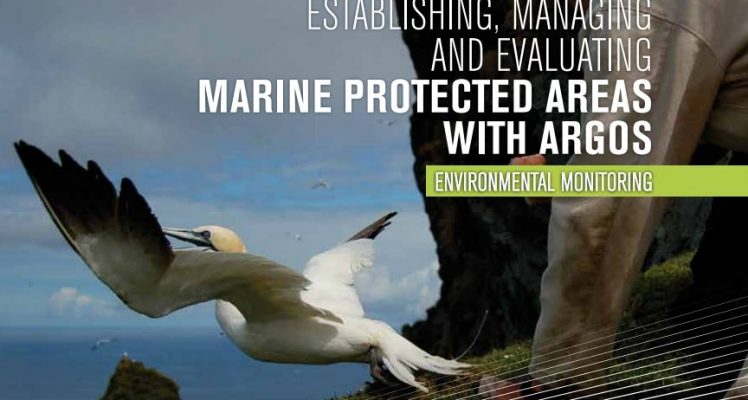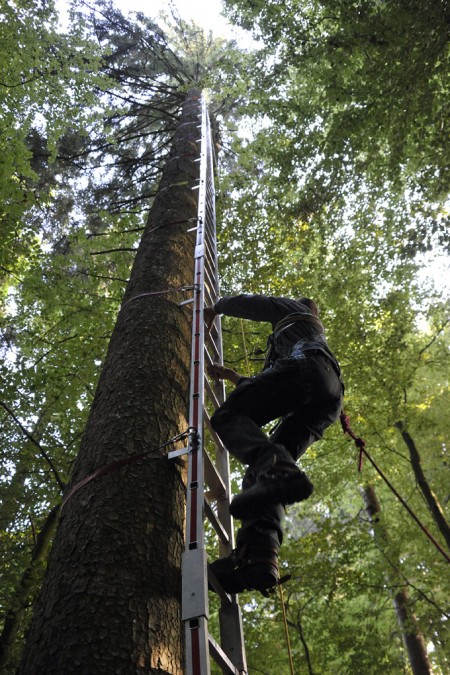Argos News
Search filters
Argos Forum #79 | Special Edition: International User Conference Argos
Diversity and ecology of species tracked by Argos, Wildlife tracking conservation applications, Using Argos to understand protected habitats and species, etc.
Dr Nan Hauser, invited speaker to IUCAWA2014
Dr. Nan Hasuer, President and Director of the Center for Cetacean Research and Conservation, participates as an invited speaker to the
International User Conference on Argos Wildlife Applications IUCAWA2014
International User Conference on Argos Wildlife Applications
IUCAWA 2014
November 18-20, 2014, National Aquarium , Baltimore (MD USA)
30th session of the Data Buoy Cooperation panel
ClS participates to the 30th session of the Data Buoy Cooperation Panel.
27 – 31 October 2014, Weihai, China
Dr Barbara Block, invited speaker to IUCAWA 2014
Marine biologist Barbara Block fits tuna with tracking tags (complete with transponders) that record unprecedented amounts of data about these gorgeous, threatened fish and the ocean habitats they move through…
IUCAWA2014 Argos Forum special edition
‘Farewell Whales’ in Cook Island Maori
Aa safe migration from Oceania to Antarctica where the whales will feed for the southern hemisphere summer.
Two magnificent birds of prey tracked with Argos
Adrian Aebischer invites us to follow the geolocation of two black kites on his blog. (photo credit : Adrian Aebischer)
Tagging and tracking whale sharks by a research team in Qatar
Satellite tags to track whale sharks movements
Sea turtles equipped with Argos transmitters
COCA LOCA Project : understanding turtles migration and threats in the Indian Ocean (photo credit: Ifremer)
Flamingo Conservation and Tracking in Bolivia
Flamingos can be tracked almost in real-time thanks to argos satellite transmitters.
Argos Forum #78 | News from the Ocean
tudies of currents in the Sea of Okhotsk and adjoining areas, Comparison of TMI and AMSR-E sea surface temperature with recent Argo near-surface temperature over the global oceans, The global drifter program and the implementation of the Argos-3 technology, etc.
34th Annual Symposium on Sea Turtle Biology and Conservation
CLS will be attending the 34th Annual Symposium on Sea Turtle Biology and Conservation from April 10 to 17, 2014 in New Orleans, USA.
Tracking great spotted cuckoos
“In May of 2013, we began tracking several Great Spotted Cuckoos with Argos 5g solar PTTs. In July of 2013, the position of one of them stabilized in a location 50 kms away from its capture area and we believed it had died. The PTT still transmitted from time to time but it was impossible for us to find it with the information provided by these transmissions… Considering the investment that is made in our PTTs, the goniometer seems to be a good tool to ensure we get as much use out of them as possible…
Oceanology International conferences
CLS will be attending Oceanology International, from March 11 to 13, 2014 in London, UK.
Finding a glider in the Southern Ocean
In February 2014, a research team from the University of East Anglia deployed two Seagliders in the Amundsen Sea, to study the water salinity, temperature, and oxygen levels. The gliders use the Iridium satellite communication system for data relay, but the University team systematically attaches a robust SPOT-5 Argos tag to the antenna, in case of any malfunction with the Iridium system. After several days, communication with one of the two gliders became difficult.
94th Annual American Meteorological Society Meeting, February 2-6, 2014
CLS will be attending the 94th Annual American Meteorological Society Meeting on February 2-6, 2014 in Atlanta, Georgia.
Argos Forum #77 | Birds and Argos, a worldwide journey
Understanding movements of avian scavengers on both sides of the Equator, Tracking carnaby’s cockatoos in Western Australia, Natal dispersal of eagle owls: a European scale project, etc.
20th Biennial Marine Mammal Conference
CLS will be attending the 20th Biennial Marine Mammal Conference from December 9 to 13, 2013 in Dunedin, New Zealand
Marine Science, Buzios, Brazil
CLS will be present at Building the Marine Science – French Brazilian Meeting from 3-8 November 2013 in Buzios, Brazil.
Latin American Congress of Marine Sciences
15th Latin American Congress of Marine Sciences from 27 to 31 October in Punta del Este, Uruguay
Understand and preserve the Harpy Eagle in the Brazilian Amazon with Argos
The harpy eagle (Harpia harpyja) population has declined considerably. The Argos tracking helps to better understand their behavior to preserve the species.
14th Argo Data Management Team
BODC will host the 14th International Argo Data Management Team Meeting (ADMT14). The meeting will be held in Liverpool’s Foresight Centre on 14 – 18 October 2013.
The Wildlife Society’s 20th Annual Conference, Oct. 5-10, 2013.
Please meet us at The Wildlife Society’s 20th Annual Conference, Oct. 5-10, 2013.
Data Buoy Cooperation Panel (DBCP) September 23-27, Paris, France
Tracking sea turtles in Brazil via the Argos system
Sea turtles, are highly migratory, have a complex life cycle and use a wide range of habitats. All five turtle species found along the Brazilian coast are endangered.
Argos Forum #76 | South Africa
Mapping the home range of Harpy Eagles in the Brazilian Amazon basin, Spatial ecology: tracking vicuñas in the Chilean Altiplano, Tracking sea turtles in Brazil, etc.
Argos Forum #75 | Indian Ocean
Solving the mystery of sea turtle migration in the western Indian Ocean, New insight into arabian sea OMZ using Argo oxygen data, Studying whale sharks in the western Indian Ocean, etc.
Argos and the Pacific white sharks
White sharks are currently threatened all over the world, and the general public does not know enough about their behavior and evolution. (credit photo : Michael Domeier)
Argos Forum #74 | Establishing, managing and evaluating marine protected areas with Argos
Identifying important bird areas (IBAS) with Argos, How seabird foraging grounds indicate priority areas for MPAS, Feathers and Argos transmitters, etc.
The mystery of Swiss black kits
Black kites are very mysterious birds. (credit photo :Adrian Aebischer)

